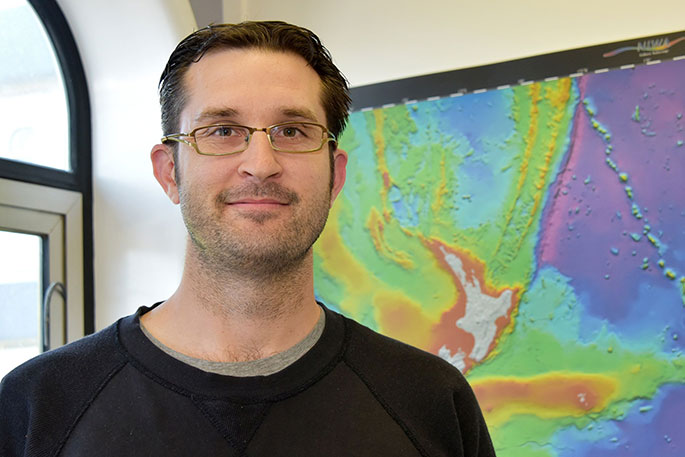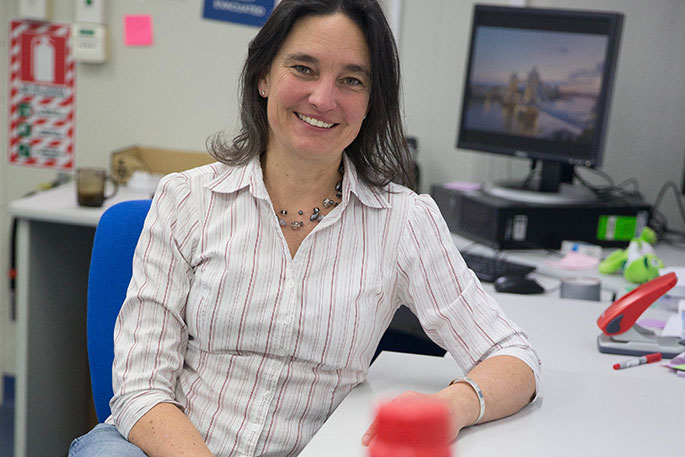GNS Science's world-class research into Antarctic climate science and natural hazards has been recognised with two grants from the prestigious Marsden Fund.
One project will focus on how melting of the West Antarctic Ice Sheet will affect sea levels, while the other aims to better understand ‘tsunami earthquakes' – undersea quakes that generate disproportionately large tsunamis compared to their size.
Both projects involve deep partnerships with leading scientists in New Zealand and overseas.
The Antarctic project is led by Nancy Bertler from GNS Science and Victoria University of Wellington, and it has been awarded $960,000 over three years.
It aims to quantify the amount and rate of future sea level rise in a warming world. It will involve detailed analysis of a 763 metre-long ice core collected from Roosevelt Island on the Ross Ice Shelf to develop the first detailed reconstruction of West Antarctica during the last interglacial period – 130,000 to 115,000 years ago.
At this time, global mean temperature was up to 1.5oC warmer and global sea level was 6-9m higher than the preindustrial period.
'It will enable us to improve future projections of when and how quickly the West Antarctic Ice Sheet could destabilise as we race to meet the ambitious goals of the Paris Agreement,” says Nancy.
The project aligns with wider climate and environment research at GNS Science as well as supporting work carried out by the recently established Antarctic Science Platform.
The 'tsunami earthquake” project will focus on the Hikurangi subduction zone, where the Pacific Plate descends beneath the North Island, and potentially New Zealand's largest source of geohazards.
Project leader, Dan Bassett of GNS Science, says tsunami quakes pose a significant hazard to coastal populations, because they do not produce strong ground shaking which would encourage people to seek higher ground.
'These quakes occupy a poorly understood middle ground – a fault rupture that is fast enough to generate a tsunami, but slow enough to limit the production of seismic energy needed to trigger tsunami warning systems or prompt self-evacuation.”
Nancy's project, which fills a gap identified by the Resilience to Nature's Challenges Science Challenge, was awarded $300,000 over three years. It will clarify how and why these quakes are generated and greatly improve assessment of the hazard they pose.
In addition to the above projects, several other GNS Science staff are involved in Marsden projects led by other organisations.

Dr Dan Bassett-GNS Science.
GNS Science Chief Executive Ian Simpson says he's delighted these world-leading projects had been recognised by the Marsden Fund as being of crucial importance to New Zealand.
'These awards build on our track record and international collaborations and will deliver excellent science with maximum impact as we work toward our goal of a cleaner, safer, more prosperous New Zealand.”



0 comments
Leave a Comment
You must be logged in to make a comment.